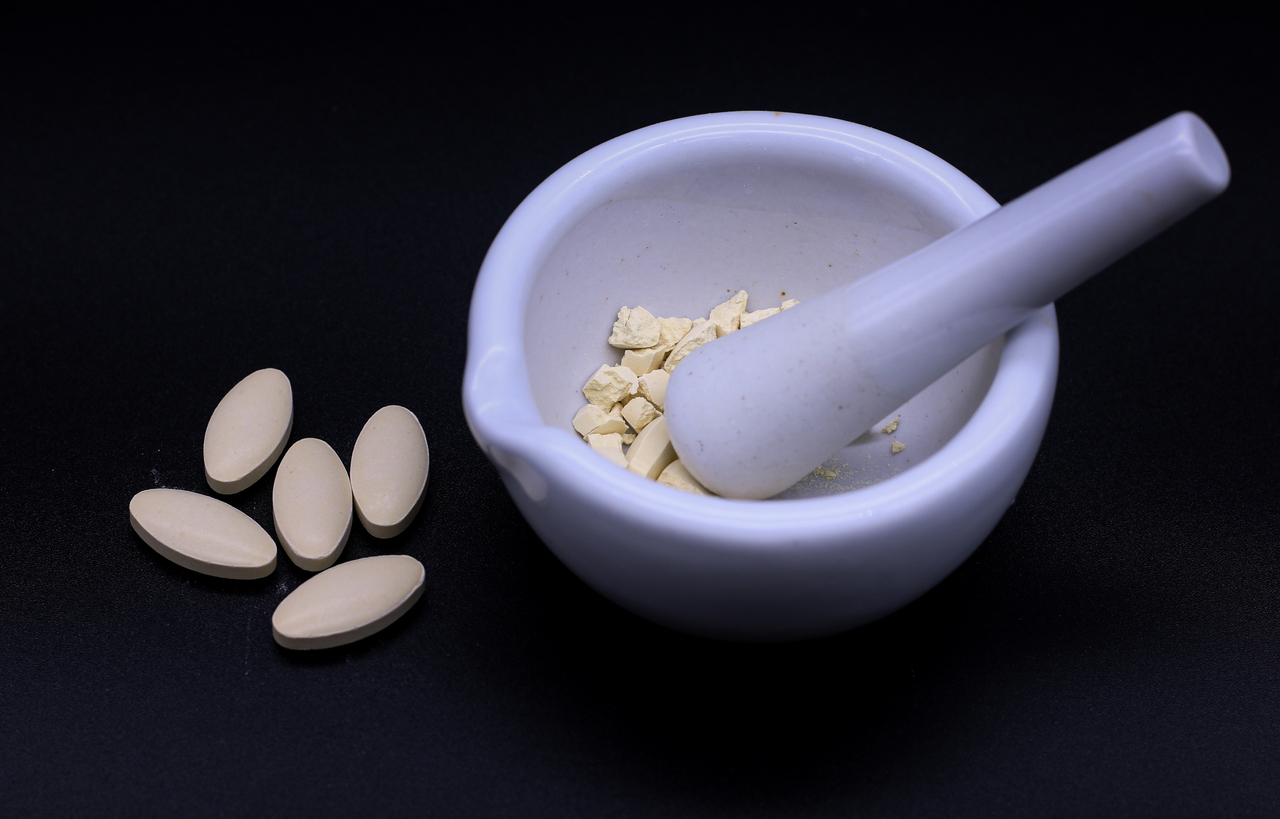The FDA released a guidance yesterday titled Prohibition on Wholesaling Under Section 503B of the Federal Food, Drug, and Cosmetic Act (here), which (as its title suggests) fully outlines what the Agency does and does not consider wholesaling by an outsourcing facility. The examples of what a firm can and cannot do under the provisions of the Act are clearly spelled out and will likely end most (if not all) of the current confusion. The guidance provides the 503B outsourcing industry with its interpretation of what constitutes wholesaling and explains its enforcement position on the legal activities of such compounders.
The guidance states, “Section 503B of the FD&C Act describes the conditions that must be satisfied for human drug products compounded by an outsourcing facility to be exempt from section 505 (21 U.S.C. 355) (concerning the approval of drugs under new drug applications or abbreviated new drug applications), section 502(f)(1) (21 U.S.C. 352(f)(1)) (concerning the labeling of drugs with adequate directions for use), and section 582 of the FD&C Act (21 U.S.C. 360eee‑1) (concerning drug supply chain security requirements).”
One key factor in the wholesaling prohibition is that the product compounded by the outsourcing facility “will not be sold or transferred by an entity other than the outsourcing facility that compounded such drug.” However, this provision “does not prohibit administration of a drug in a health care setting or dispensing a drug pursuant to a prescription executed in accordance with section 503(b)(1).”
An outsourcing facility may or may not be required to have an individual patient prescription, unlike a 503A compounder. The balance stuck between the requirements of 503A and 503B compounders permits certain exemptions as cited above; however, 503B facilities are subject to FDA inspection and must follow cGMP regulations. The statute regarding compounding was intended to address and protect the integrity of the drug approval process, the patients, and the security of the supply chain.
Hopefully, this guidance will answer some of the ambiguities around the wholesaling prohibition and will prevent 503B compounders from being out of step with the statute, regulations, and FDA expectations.




